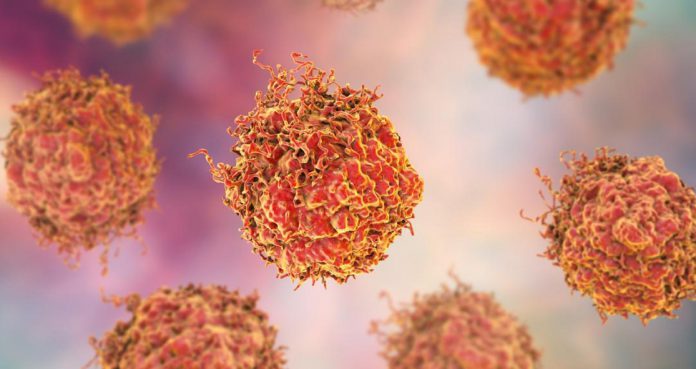Testosterone, a male sex hormone, is a driver of prostate cancer growth through ligand-mediated activation of the androgen receptor.
Prostate cancer cells escaping the systemic androgen deprivation have a significant amount of testosterone, which suggests that a resistance mechanism depends on androgen-simulated growth. However, androgen receptor activation needs a great amount of androgens, a situation that is challenged by low-circulating testosterone concentrations.
To understand whether testosterone enters cells through a transporter, some researchers performed a study. The researchers also analyzed prostate cancer cells metastases for an expression of an enzyme to underrated whether it converts adrenal androgens to testosterone in the tumor cells.
Testosterone ingestion followed a concentration gradient, but unlike in passive diffusion, it was saturable and temperature-dependent, suggesting a facilitated diffusion.
This facilitated diffusion suggests a route of testosterone ingestion for maintaining optimal intracellular levels.
The researchers found that an enzyme was expressed in the tumor microenvironment of cancer cell metastases.
The findings suggest that along with testosterone transport, accumulation, and metabolism by tumor cells, the male sex hormone could be secreted by elements of the tumor microenvironment. Facilitated testosterone ingestion by cancer cells supports a cell non-autonomous mechanism for testosterone signaling in prostate cancer cells.





















